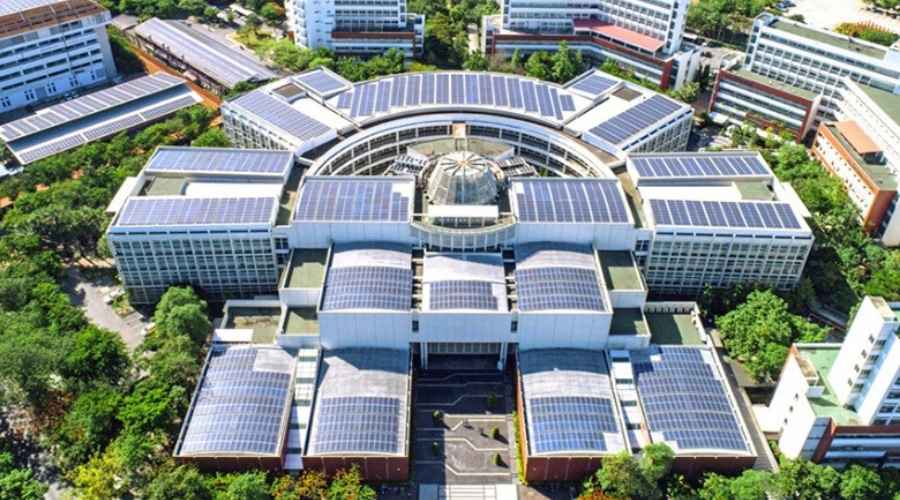Australia continues to be one of the most preferred destinations for international students due to its globally recognized universities, post-study work opportunities, and high quality of life. However, many students are unaware that Australian student visa applications are not assessed equally for all countries.
To manage migration risks and maintain the credibility of its education system, Australia applies a structured risk assessment framework known as the Evidence Level System, introduced under the Simplified Student Visa Framework (SSVF).
This article explains how the Evidence Level System works and what it specifically means for students from South Asian countries such as Bangladesh, India, Nepal, Pakistan, and Sri Lanka.
What Is Australia’s Evidence Level System?
The Evidence Level System is a risk-based visa assessment model used by Australia’s Department of Home Affairs. It determines how much supporting documentation a student visa applicant must provide based on the applicant’s country of origin and historical visa data.
Countries are classified into evidence levels using factors such as:
-
Student visa refusal rates
-
Overstay and non-compliance records
-
Adherence to visa conditions
-
Financial credibility and document authenticity
In simple terms, the higher the evidence level, the stricter the documentation and assessment process.
The Three Evidence Levels Explained
Evidence Level 1 (Low Risk)
Applicants from Evidence Level 1 countries generally benefit from:
-
Faster visa processing
-
Reduced financial and academic documentation
-
Lower refusal rates
These countries typically demonstrate strong economic stability and high student visa compliance.
Evidence Level 2 (Moderate Risk)
Applicants from Evidence Level 2 countries are required to:
-
Submit more detailed financial evidence
-
Clearly justify their chosen course and institution
-
Demonstrate academic or professional continuity
Visa processing and scrutiny are moderate compared to Level 1.
Evidence Level 3 (High Risk)
Evidence Level 3 is the most stringent category. Applicants must provide:
-
Extensive and verifiable financial documentation
-
Detailed academic progression and career planning
-
Strong proof of Genuine Student intent
-
Clearly verifiable education and employment history
Applications in this category undergo close examination, and even minor inconsistencies can result in refusal.
South Asia and Evidence Level 3: Why the Change?
Recent policy updates have placed several South Asian countries—including Bangladesh, India, Nepal, and Bhutan—under Evidence Level 3.
According to Australia’s risk assessment data, this decision is linked to:
-
Increased student visa non-compliance cases
-
Growing misuse of student visas primarily for employment
-
Course selections unrelated to academic background
-
Increased pressure on Australia’s migration and labour systems
It is important to clarify that Evidence Level 3 is not a ban and does not prevent genuine students from applying. It is a risk-management classification based on historical trends, not discrimination.
What Evidence Level 3 Means for South Asian Students
For students from South Asia, Evidence Level 3 results in:
-
Stricter financial verification
-
Greater emphasis on academic relevance
-
Detailed and well-written Genuine Student statements
-
Possible longer processing timelines
As a result, strong preparation, documentation accuracy, and transparency are essential.
How Australia Defines a “Genuine Student”
Under the Evidence Level System, Australia prioritizes students who:
-
Choose courses aligned with previous education or work experience
-
Can clearly explain realistic career outcomes
-
Demonstrate the ability to support themselves financially
-
Show awareness of and commitment to visa conditions
Applicants who appear primarily focused on permanent residency or fail to justify their study pathway face higher refusal risks.
How South Asian Applicants Can Improve Their Visa Success Rate
Students applying from Evidence Level 3 countries can strengthen their application by:
-
Submitting clear, verifiable, and traceable financial documents
-
Selecting a course that logically aligns with their background
-
Writing a structured and honest Genuine Student statement
-
Avoiding unrealistic expectations related to work or permanent residency
-
Applying early with a complete and consistent application
While no visa outcome is guaranteed, well-prepared applications significantly improve credibility and assessment outcomes.
Final Thoughts
Australia’s Evidence Level System reflects a global shift toward controlled, quality-focused international migration. For South Asian students, studying in Australia remains achievable—but it now requires greater clarity, stronger documentation, and careful planning.
Understanding how Australia assesses student visa risk is the first step toward making informed decisions and preparing a credible application.

































































































